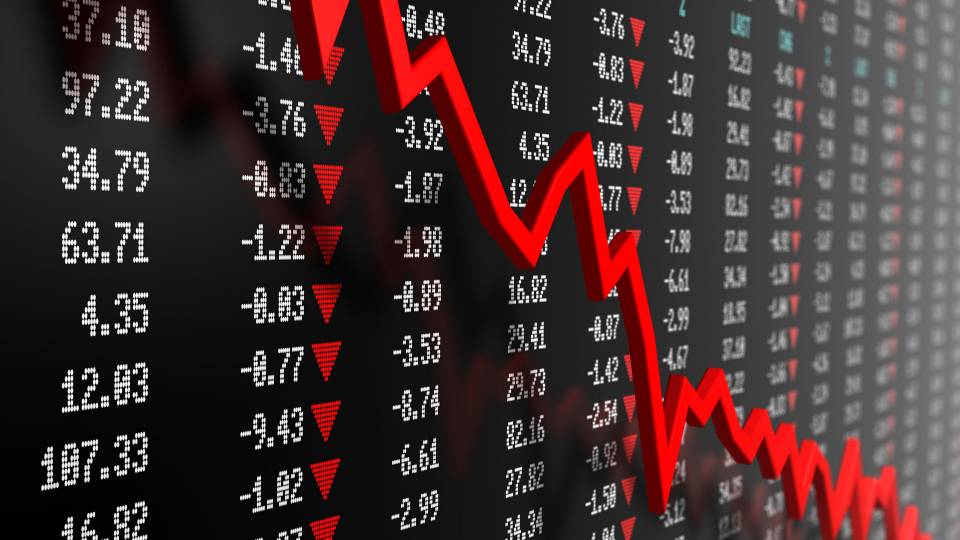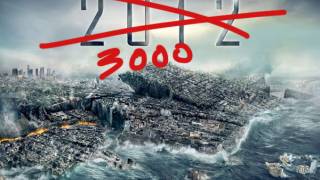Financial Auguries Predict Impending Fiscal Doom
Financial auguries predict impending fiscal doom on the horizon. Two recent articles have cited a pessimist’s choir of prominent hedge fund managers and bank analysts who agree that the next major market crash is pending. The consensus is that Valentine’s Day 2018 will see everyone’s fiscal hearts broken by global forces bearing ill gifts.
ZeroHedge reports:
While most asset managers have been growing increasingly skeptical and gloomy in recent weeks (despite a few ideological contrarian holdouts), joining the rising chorus of bank analysts including those of Citi, JPM, BofA and Goldman all urging clients to "go to cash", none have dared to commit the cardinal sin of actually predicting when the next crash will take place.
On Sunday a prominent hedge fund manager, One River Asset Management's CIO Eric Peters broke with that tradition and dared to "pin a tail on the donkey" of when the next market crash - one which he agrees with us will be driven by a collapse in the global credit impulse - will take place. His prediction: Valentine's Day 2018.
Here is what Peters believes will happen over the next 8 months, a period which will begin with an increasingly tighter Fed and conclude with a market avalanche:
“The Fed hikes rates to lean against inflation,” said the CIO. “And they’ll reduce the balance sheet to dampen growing financial instability,” he continued. “They’ll signal less about rates and focus on balance sheet reduction in Sep.”
Inflation is softening as the gap between the real economy and financial asset prices is widening. “If they break the economy with rate hikes, everyone will blame the Fed.” They can’t afford that political risk.
“But no one understands the balance sheet, so if something breaks because they reduce it, they’ll get a free pass.”
“The Fed has convinced itself that forward guidance was far more powerful than QE,” continued the same CIO.
“This allows them to argue that reversing QE without reversing forward guidance should be uneventful.” Like watching paint dry. “Balance sheet reduction will start slowly. And proceed for a few months without a noticeable impact,” he said. “The Fed will feel validated.” Like they’ve been right all along.
“But when the global credit impulse reverses, it’ll be a cascade, an avalanche. And I pin the tail on that donkey to be Valentine’s Day 2018.”
Similar sentiments are articulated in the Express:
A number of economies in developing countries look worryingly similar to the US and UK before the devastating crash hit in 2007, with soaring house prices, slow economic growth, and a large credit bubble.
The stark warning from the Bank for International Settlements (BIS) said low interest rates are helping to keep debt at manageable levels.
But the end of the current cycle of global growth now risks ending in a crash with a vengeance, warned Claudio Borio, head of the monetary and economic department at the BIS.
Monetary policy makers, such as the Bank of England, have now been urged to start raising interest rates and withdraw Quantitative Easing measures, to help normalise economies.
It also means policymakers would have room to move in the event of another crisis and the end of current growth.
Mr Borio said: "That end may come to resemble more closely a financial boom gone wrong, just as the latest recession showed, with a vengeance.”He added: "Leading indicators of financial distress point to financial booms that in a number of economies look qualitatively similar to those that preceded the Great Financial Crisis.
"The countries involved are not those that were at the centre of the crisis: there, the financial cycle expansion is younger. Rather, the countries affected comprise a number of emerging market economies (EMEs), including some of the largest, and some advanced economies largely spared by the GFC.
"In this group, protracted strong credit expansion, often alongside rising property prices, signals the build-up of risks.
"That said, so far unusually low interest rates have generally kept debt service ratios below critical thresholds.
"The strong post-crisis growth of foreign currency debt adds to vulnerabilities in some countries."






















